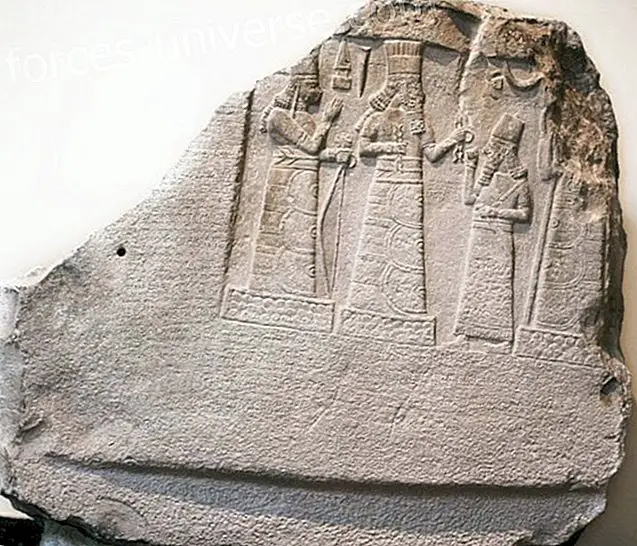The great master Buddha dedicated himself to teaching an eminently practical philosophy to make the human being free from ignorance. This point will lead him to free himself from suffering. However, what better way to do it than through examples. Precisely from there arise these Buddhist parables. Today we will focus on one in particular, the poisoned arrow .
Buddha sought simplicity, since he considered it was useless to complicate existence with infinite and absolute concepts. It is always better that we focus on simpler things. And in an easy way to understand and assume but profound that made us think, he transmitted it.
Buddhist parables. The parable of the poisoned arrow
This parable is part of the Majjhima Nikaya . It is a collection of writings that are attributed to the teachings preached by Buddha. They are also integrated into the Canon Pali. It was narrated by Gautama Buddha in response to a disciple who was impatient because the teacher explained the answers that gave meaning to questions of metaphysical nature. For example, life after death. Also eternity, etc., which were part of the "14 unanswered questions."

The parable says :
“ There was once a man who was injured by a poisoned arrow.
His relatives and friends wanted to get him a doctor, but the patient refused, saying that before he wanted to know the name of the man who had hurt him, the caste to which he belonged and his place of origin.
He also wanted to know if that man was tall, strong, had a light or dark complexion and also wanted to know what kind of bow he had shot at, and if the bowstring was made of bamboo, hemp or silk.
He said he wanted to know if the arrow's feather came from a hawk, a vulture or a peacock ...
And wondering if the arc that had been used to shoot him was a common arc, a curved or one of oleander and all kinds of similar information, the man died without knowing the answers .
In summary, it can be said that what the teaching that Buddha tried to convey to us is that we are all wounded by the arrow since we are mortal and will die at some point . But we do not always appreciate it and instead of enjoying each day and being aware that we will die, we have our mind full of things that concern us, prevent us from living in the present and are completely inconsequential. That is why we see the teachings we can obtain through this parable.
Teachings we can get through Buddhist parables like the poisoned arrow
Focus on what's really happening
Often our mind wanders and we go through the branches when we have to face a problem. It is best to focus on what is really happening. We have to prioritize in the present moment and adopt a definitive solution so as not to live in distress again because of this problem.
Go step by step and focusing on the present
A trip is undertaken by taking the first step. That is why it is best to make a careful assessment of the current moment in which we are. Thus we go step by step to enjoy each day as if it were the last, forgetting catastrophic thoughts and avoiding anticipating problems.

Allow anything to influence our thinking and to have fluidity
We should not think about what happens to us, nor what will happen to us. We must live the present moment, be grateful for who we are and for what we have. In this way we will achieve balance and eliminate the impact to which we have been subjected to negative experiences.
Remove everything you don't need
In general, many feelings, stereotypes, beliefs, etc. They are not ours, but they have been instilled in us. That is why it is best to clean and eradicate them. Remove resentment from your mind. The fear of something you don't even know if it will happen, the anguish in case you ever lose what you have ... You will live in the present. You will live happier. Follow the teachings of the wonderful Buddhist parables.
By Pedro, editor of the Great White Brotherhood






